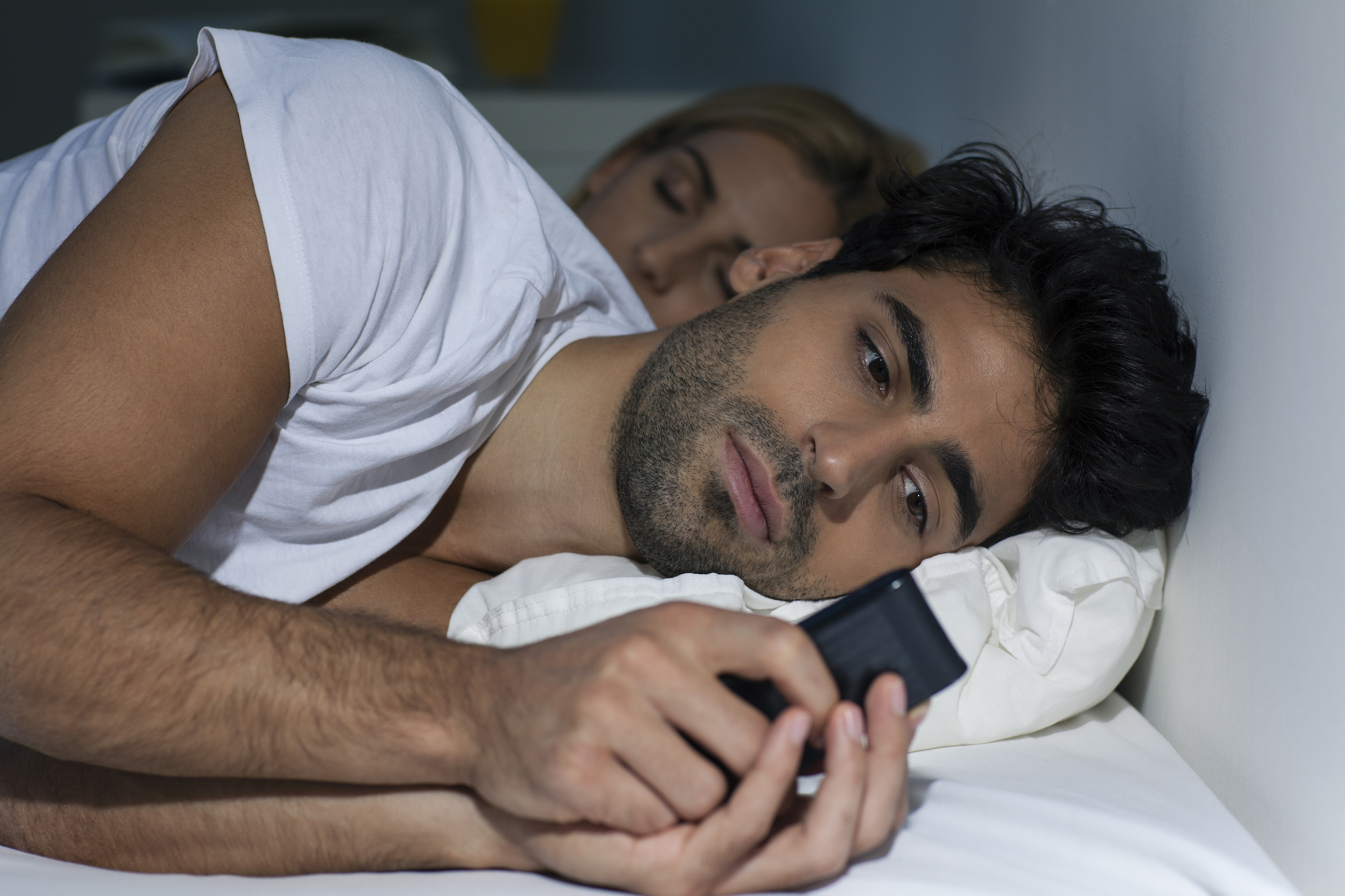If you’re often sleepless or find yourself exhausted during the day, the causes could be deeper than scrolling through your Instagram feed at night. Here are some less commonly discussed reasons you might not be getting in your full night’s sleep.
- Ignooring your circadian rhythms. Humans are wired to a biological clock that tells us when we need to sleep and when we need to be awake, set to a 24 hour cycle. That cycle is affected by melatonin, physical activity, social interactions, and most importantly, light. However, working in offices full of artificial light, can set that cycle slightly off kilter. But according to a sleep scientist at SleepScore Labs, we can start preparing for a good night’s sleep at lunchtime. An outdoor walk at lunch serves both fitness and sleep; the sun will tell your body it’s midday and makes sure the body clock keeps ticking in alignment with the day- night cycle.
- Working out too close to bedtime. Exercising earlier in the day can help you sleep better at night time. However, exercising too close to bedtime can artificially raise your body temperature which makes it harder to fall asleep.
- Eating certain foods (especially before bed). Diets low in fibre and high in saturated fat and sugar leads to less restorative sleep and more instances of waking up in the night, especially when consumed later in the day.
- Procrastinating at bedtime. A quick doze on the couch after a busy day, before the business of getting to bed could seem like just the thing. But that catnap could actually be keeping you up. Schedule around 8 hours and 45 minutes of shut- eye time to reach those 8 hours of sleep.
- Worrying with your eyes closed. Many insomniacs have become accustomed to worrying when they lay down and have a hard time turning off their minds. One key to improving sleep is avoiding the bed until you actually feel sleepy.
- Binge- watching TV. The TV we’re watching actually affects the shut- eye we’re getting in the bedroom. Around 1 hour before bedtime, dim the lights and engage only in relaxing activities, no emails, no games or Netflix. Try stick to a routine like use the bathroom, brush your teeth and wash and moisturise your face.
- Tossing and turning. The most important advice for quality sleep is trying not to panic and remembering to take care of yourself. Waking up in the middle of the night and doing quick maths to see how much sleep you can still get if you fall back asleep right this second isn’t doing you any favours, anxiety around sleeping actually causes you to lose sleep so it might actually be better to get out of bed for a bit to calm down and feel sleepy again.

